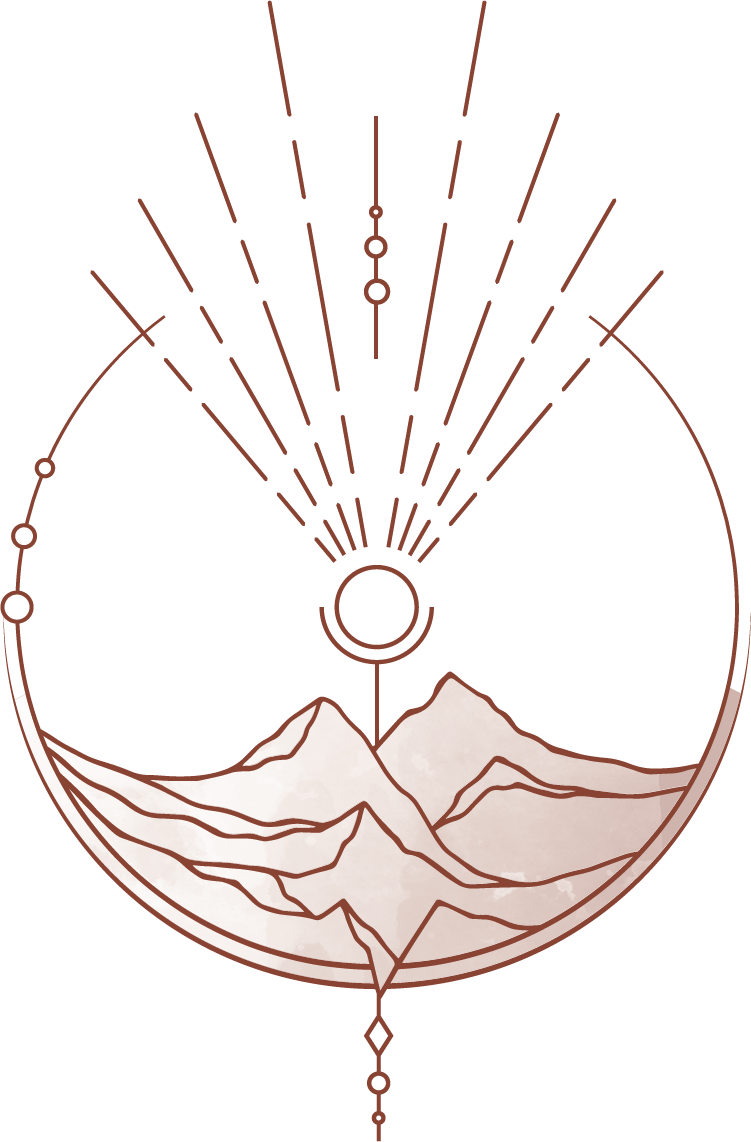Chinese Herbal Medicine: Plants as Healers
What is Chinese Herbal Medicine?
Throughout history, people from every culture appreciated that plants growing around them were not only a source of food but also a source of healing. The knowledge of which plants to use and how to use them was often transmitted orally from generation to generation by a respected medicine elder. With the advent of Western medicine, this knowledge informed the creation of the first pharmaceutical medications, most of which were originally purified plant substances. Some original examples of these plant derived pharmaceuticals include morphine from opium poppies, quinine from the bark of the cinchona tree and aspirin from willow bark.
The advancement of the Chinese written language enabled them to be the earliest civilization to extensively document the medicinal use of plants. As early as 200 BC the Chinese had created a detailed materia medica that collected the oral traditional uses of 365 agricultural and medicinal plants. This materia medica now lists over 10,000 plants and natural substances, and Chinese herbal medicines are an important complement to modern medical care in China. This tradition of herbal medicine has been used for thousands of years to treat epidemics and most recently proved to be effective to lessen the severity of the COVID-19 outbreak (1) as well as the SARS outbreak (2) when used alongside western medical interventions. Chinese herbal medicine is beginning to gain traction in the United States, and hospitals with integrative medicine centers such as the Cleveland Clinic and Johns Hopkins are now offering Chinese herbal formulas and acupuncture in conjunction with western treatments.
Chinese herbal medicine differs from standardized herbal supplements due to the method of their prescription. Rarely prescribed individually, Chinese herbs are instead combined together in formulas usually composed of five to twelve herbs. Herbal formula recipes from ancient medicinal texts are still studied and replicated today due to their time-tested effectiveness and masterful understanding of herbal combinations. The precise dosages of the specific herbs composing the formula are essential to create a synergistic treatment effect not possible if the herbs are taken out of the context of the formula. This allows Chinese herbal formulas to have very precise effects in the body.
Rather than focusing on the ‘antiviral’ or ‘antibacterial’ compounds present in herbs, Chinese herbal medicines instead categorize herbs based on their empirical effects on the processes and energetics of the body. A common example is cinnamon, which is a warming herb that can be used to induce sweating. These principles allow herbal formulas to be tailored to each individual’s constitution and the specific energetic adjustments necessary to allow them to clear their illness and reach a state of wellness. This philosophy is part of the inherent strength of Chinese herbal medicines and why herbal prescriptions for the same illness often differ from person to person.
In our time of modernization and biotechnology, it is important to honor the ancient wisdom of plant medicine and the teachings of the medicine people who shared their knowledge with us for the benefit of future generations.
References:
(2020). Retrieved 20 March 2020, from http://www.scio.gov.cn/xwfbh/xwbfbh/wqfbh/42311/42560/index.htm
Leung, P. (2007). The Efficacy of Chinese Medicine for SARS: A Review of Chinese Publications After the Crisis. The American Journal Of Chinese Medicine, 35(04), 575-581. doi: 10.1142/s0192415x07005077


